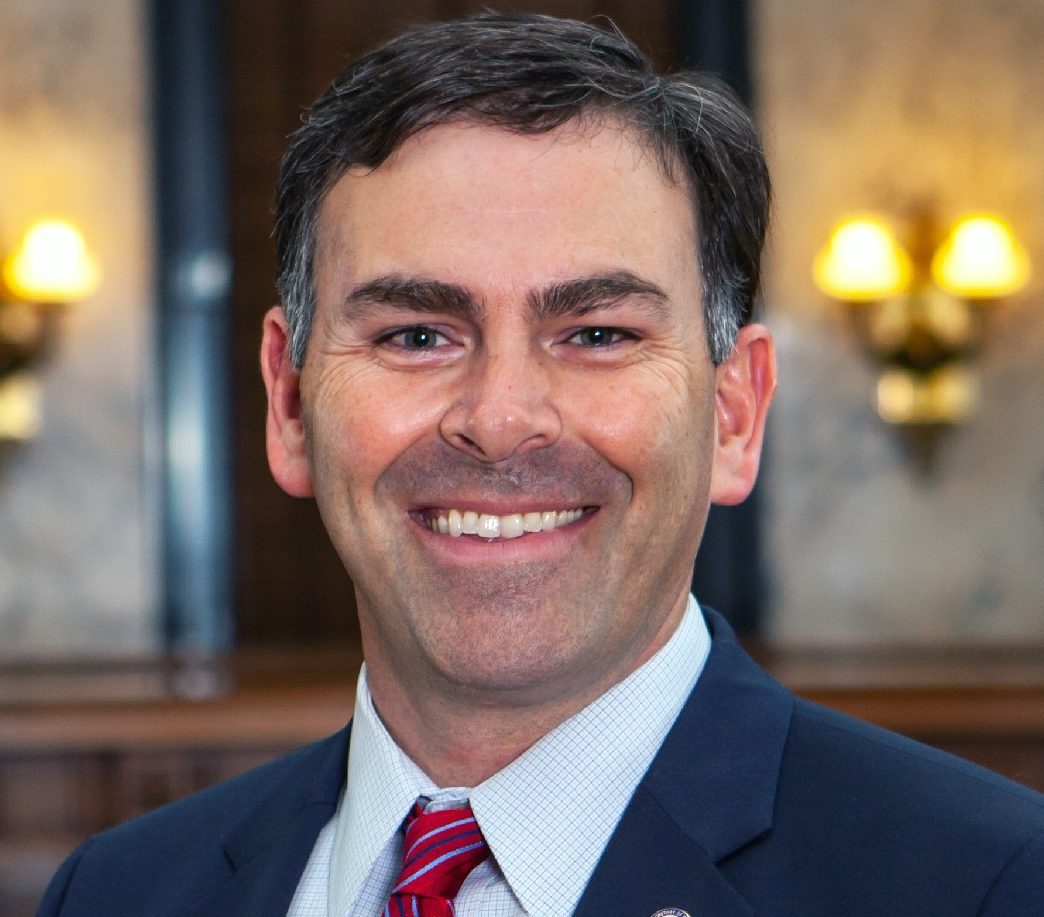
Scott Peyton, Mississippi Right on Crime Director
The Legislature’s Corrections and Criminal Justice Oversight Task Force report requires more than promises.
Much like our New Year’s resolutions, aspirations to improve Mississippi’s criminal justice system are carried over from year to year with recommendations that often fall short in their implementation. Since 2014, when the Mississippi legislature established the Corrections and Criminal Justice Oversight Task Force, many annual recommendations have not manifested into results that achieve greater public safety.
The Task Force is responsible for the oversight of H.B. 585, passed in 2014 to address Mississippi’s rising prison population and “to implement research-driven criminal justice policies to produce a greater public safety return on corrections spending.” Appropriately, the membership of the Task Force represents the broad spectrum of our criminal justice system, including a district judge, parole board director, MDOC Commissioner, a representative from the Attorney General’s office, the state public defender, a member of Performance Evaluation and Expenditure Review, police and sheriff’s representatives, the formerly incarcerated, the Prosecutors Association, and members selected by the Speaker of the House.
Last year, I observed several Task Force meetings, which were lively and productive. However, it has been profoundly disappointing to see several seats left vacant because key stakeholders failed to designate a representative for 2022. The Chiefs of Police, Prosecutors Association, and the Mississippi Association of Supervisors were not at the table last year, making it difficult for the Task Force to fulfill its mandate, especially when those absent have control over who enters the Mississippi prison system.
Since its inception, the Task Force and its mission have expanded to include oversight of additional criminal justice reforms, and in the new year, they released a 2022 Final Report. In 2022, Mississippi’s prison population grew by 2,192 individuals, and while the report notes that numerous recommendations from the Task Force’s inception were eventually passed into law, not all have been fully implemented to help address the demands of this rise in our prison population.
One recommendation is a need for case plans for those who will eventually be eligible for parole. Without a sustainable plan, it becomes very difficult for the parole board to make an informed decision on whether to release someone back into the community. With more than 95% of incarcerated individuals eventually released, creating a plan at the beginning of a person’s sentence allows the prison system to address the root causes and rehabilitate the criminal behavior.
Over the years, the Task Force has recommended changes to how Mississippi responds to probation and parole, as many revocations are technical violations and not new criminal convictions. Nearly half of all prison admissions in Mississippi are a result of probation and parole revocations which exacerbates the rise in prison population.
As a former parole and probation office for more than a decade, I can tell you that the road to successful reentry starts the moment an individual enters the custody of the Mississippi Department of Corrections (MDOC) and should seamlessly continue through the end of their parole or probation. While there are some individuals on supervision that refuse to follow the conditions of release, and those individuals must be held to account, for minor violations, it is much more productive to offer and make use of Mississippi’s Technical Violation Centers.
These specialized units, similar in concept to specialty courts, help address the underlying issues of crime, like substance abuse, over a reduced period of incarceration. The use of these centers helps to free limited bed space in MDOC prisons where more than half of the prison’s non-violent offenders are incarcerated on drug related offenses. These centers make room at MDOC for those who pose the greatest risk to public safety.
Like the Task Force’s recommendations for reforming probation and parole, the 2022 report confirms many past recommendations have only been partially implemented, and there are many findings in the report that, like a broken resolution, require more than promises. It’s time to implement what the legislature has passed and follow the recommendations of the Task Force. Mississippi must address the root causes of crime while reducing our prison population, addressing recidivism, and keeping our communities safe.









